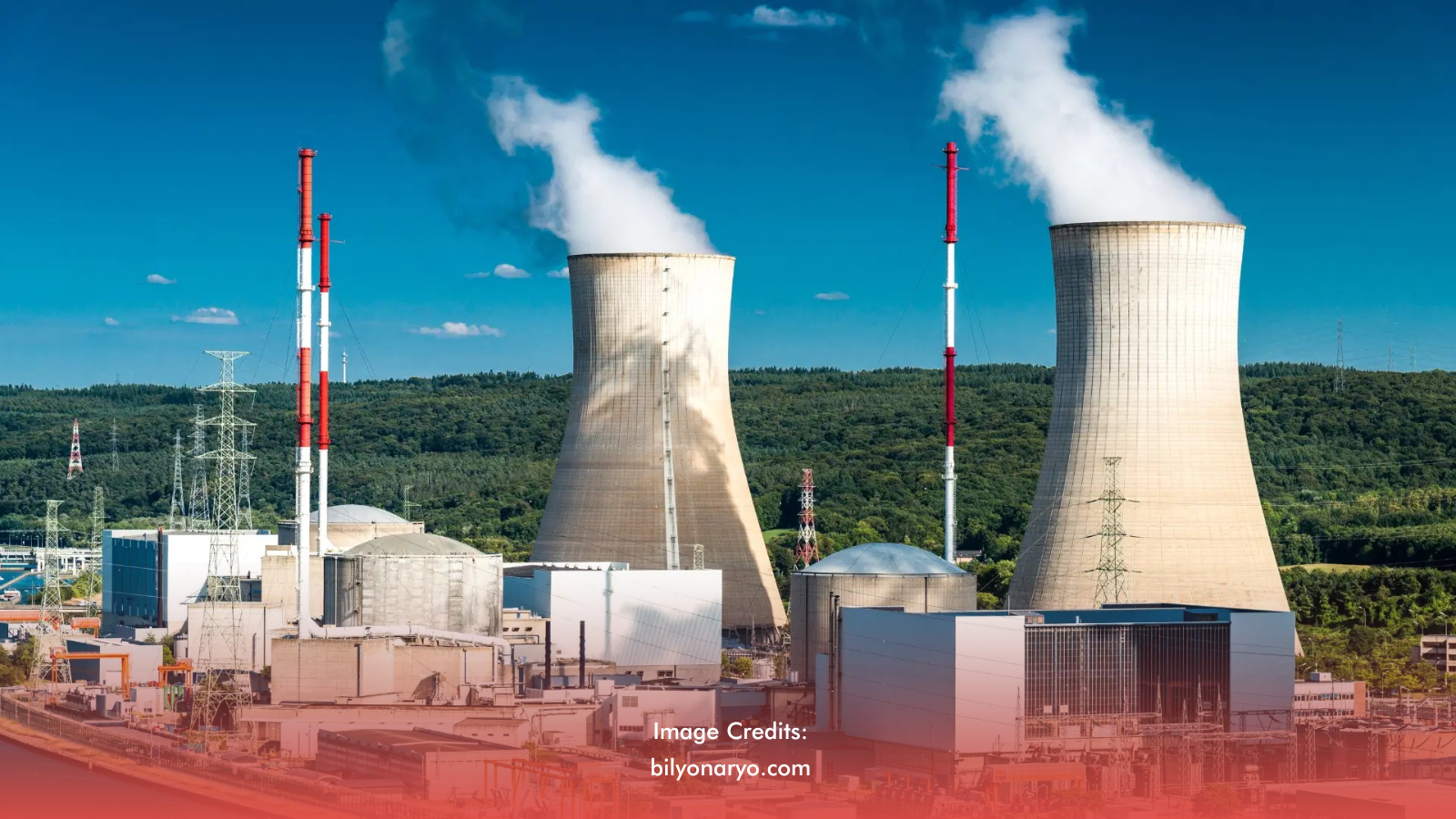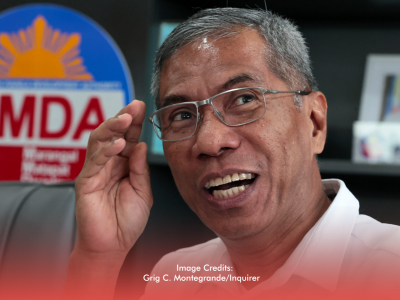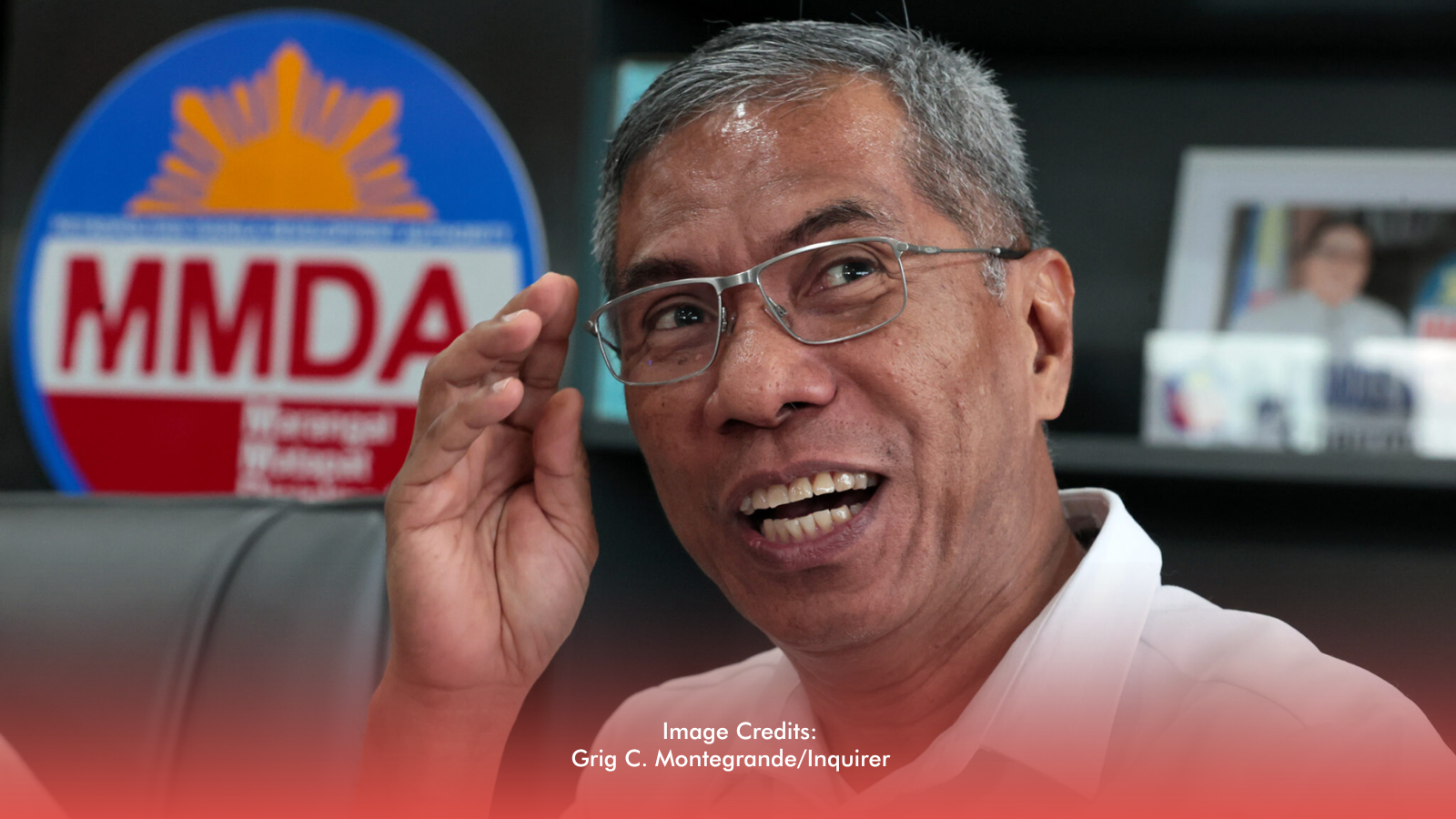The Philippines is pressing ahead with its nuclear energy roadmap, aiming to generate its first nuclear-powered electricity by 2032. The Department of Energy (DOE) confirmed the shift from groundwork to implementation during the Philippine International Nuclear Supply Chain Forum (PINSCF) 2025 in Manila.
RELATED: [PH And South Korea Join Forces For Bataan Nuclear Feasibility Study]
Milestones and International Cooperation
DOE Director Patrick T. Aquino, who heads the Nuclear Energy Program Inter-Agency Committee (NEP-IAC) technical secretariat, emphasized that the years leading up to 2026 will be pivotal for readiness. He stressed that institutional credibility and building public confidence remain central to the program’s success.
“The NEP-IAC aims to transition from preparatory activities to implementation-ready frameworks, keeping the Philippines on track to deliver its first nuclear-generated kilowatt-hour by 2032,” Aquino said.
The International Atomic Energy Agency (IAEA) has been assisting the Philippines in resolving 19 infrastructure issues through six dedicated NEP-IAC subcommittees. These cover key areas such as safety regulation, radioactive waste management, and policy harmonization. A follow-up IAEA mission in December 2024 confirmed that nine out of 14 recommendations from 2018 had been fully addressed, with five still in progress.
Aquino underscored that these achievements stemmed from institutional coordination and international partnerships. “The NEP-IAC achieved major milestones in institutional coordination, workshops on nuclear safety, legislative and policy harmonization, radioactive waste management, site assessments, information, education and communications campaigns, capacity-building efforts and international cooperation,” he explained.
Public Support and Energy Outlook
Momentum for nuclear development is also reflected in strong public backing. A nationwide Social Weather Stations survey showed that more than 70 percent of Filipinos believe nuclear energy can provide reliable electricity, reduce reliance on imported fuels, create jobs, and contribute to climate change mitigation.
Aquino highlighted the value of learning from international counterparts already operating nuclear plants. “It was a privilege to learn from these different countries successfully operating resilient nuclear plants and reaping benefits from their safe use,” he remarked.
The DOE noted that advances in nuclear technology now make power generation safer, more efficient, and more cost-competitive. With the 2032 goal in sight, the Philippines is positioning nuclear energy as a long-term solution to meet growing demand, stabilize supply, and lower greenhouse gas emissions.
RELATED: [Taiwan Pushes Cities To Rely More On Renewable Energy]








